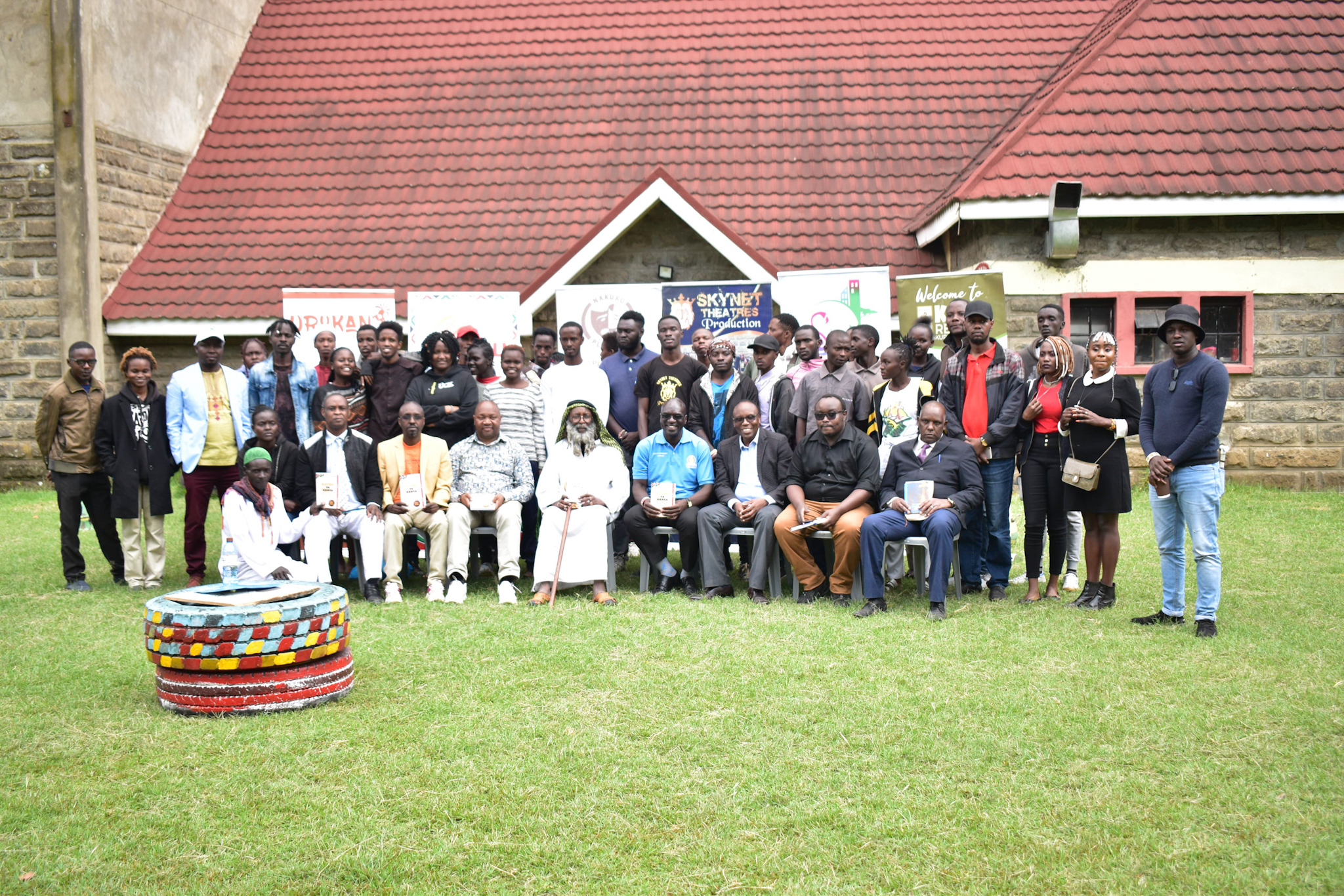The rhythmic beats of the Swahili language resound through the East African coast, echoing the region’s vibrant cultural heritage.
On this auspicious occasion of Swahili Day, celebrated annually on July 7th, we embark on a captivating journey to explore the historical origins and enduring legacy of the Swahili language.
Unveiling the intricate tapestry woven by centuries of trade, exploration, and cultural exchange, we discover the pivotal role Swahili plays as a unifying force in the region.
Origins and Early Development:
The Swahili language traces its roots back to the coastal regions of East Africa, where it emerged as a lingua franca of the bustling trade networks along the Swahili Coast.
Dating back to the 1st century AD, this coastal strip became a vibrant hub connecting Africa with the Arabian Peninsula, Persia, India, and China.
As merchants and explorers converged on the Swahili Coast, a unique linguistic fusion took place.
Indigenous Bantu languages intermingled with Arabic, Persian, and later Portuguese influences, giving birth to the Swahili language we know today.
The Rise of the Swahili City-States:
During the medieval period, the Swahili Coast witnessed the rise of magnificent city-states that thrived on trade, culture, and Islamic scholarship.
Cities such as Kilwa, Zanzibar, Mombasa, and Lamu became veritable melting pots, attracting merchants from across the Indian Ocean and beyond.

Islamic influences played a crucial role in shaping the development of Swahili culture and language.
Arabic, the language of the Qur’an, contributed numerous loanwords and even influenced the adoption of the Arabic script, which remains an integral part of Swahili’s written form.
Colonial Influence and Modernization:
In the 16th century, European powers, most notably the Portuguese, arrived on the Swahili Coast, leaving a lasting impact on the region.
Portuguese words found their way into the Swahili lexicon, further enriching its vocabulary.
The 19th century witnessed the arrival of Arab traders, particularly from Oman, who gradually assumed control over the Swahili city-states.
Under Omani rule, Swahili continued to flourish, with Zanzibar emerging as a prominent center of commerce and cultural exchange.
In the era of European colonialism, English became another influential language in the region.
English loanwords entered Swahili vocabulary, reflecting the changing dynamics of trade and governance.
Swahili as a National and International Language:
Following independence, East African nations recognized Swahili’s unifying potential among diverse ethnic groups.
Kenya, Tanzania, Uganda, Rwanda, and the Democratic Republic of Congo officially adopted Swahili as a national language.
This elevation of Swahili’s status bolstered its role in education, governance, and cultural expression.
Swahili literature, poetry, music, and film flourished, showcasing the language’s versatility and its power in preserving and promoting regional identity.
Moreover, Swahili transcended national boundaries and emerged as a lingua franca throughout East Africa, facilitating communication and fostering regional integration.
Swahili Day Celebrations:
Swahili Day, celebrated every year on July 7th, stands as a testament to the significance of the language in East African societies.
It is an occasion to honor Swahili’s historical roots, cultural diversity, and linguistic resilience.
On this special day, communities come together to showcase the richness of Swahili culture through vibrant festivities, music, dance, and poetry recitals.
Language enthusiasts and scholars organize seminars, workshops, and exhibitions to highlight Swahili’s contributions to literature, art, and academia.
As we celebrate Swahili Day, we pay homage to the remarkable journey of the Swahili language—a linguistic tapestry woven with threads of trade, exploration, and cultural assimilation.
The rich history of the Swahili Coast, combined with the enduring influence of Arabic, Persian, Portuguese, and English, has shaped Swahili into a vibrant language that resonates across East Africa.
On this day, we not only celebrate the language itself but also acknowledge the cultural unity and identity it fosters.
Swahili serves as a bridge, connecting communities, and enabling communication in a region marked by diversity.
As we reflect on Swahili’s legacy, let us embrace the language’s power to unite, inspire, and strengthen the bonds of East African heritage for generations to come.
With a knack for captivating storytelling, Amos Lumbasi has a talent for crafting narratives that resonate with readers. He combines meticulous research with a captivating writing style to create articles that are both informative and enjoyable to read.

